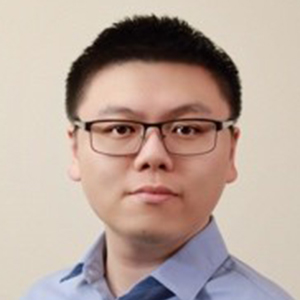Nowadays, IoT devices are encroaching on every environment of our lives, including but not limited to homes, vehicles, and offices. However, due to the complexity of human activities, unavoidable variance in signal scaling, and privacy-preserving requirements, only limited human information can be cognized by the IoT environment, leading to a great gap between IoT intelligence and human demands.

In this talk, I will introduce how we build sensing and computing systems that aim for precise, secure, intelligent, and broad-spectrum human- computer interaction (HCI). In particular, I will present our work that is the first to exploit high- precision millimeter wave direct sensing of the human vocal system to solve acoustic noise problems on conventional voice sensing for decades, which is a fundamental refactor of voice sensing and enables new voice computing applications. I will also present our work on a next- generation voice-user interface that enables pervasive heart-sensing functions. I will conclude my talk with future directions in IoT systems for human.
Chenhan Xu is a final-year Ph.D. candidate in the Department of Computer Science and Engineering at the University at Buffalo, the State University of New York. He is working in the Embedded Sensing and Computing Lab under the supervision of Prof. Wenyao Xu.
Chenhan received B.Eng. in Network Engineering (2017) from Nanjing University of Posts and Telecommunications, China. His research interests include the Internet of Things, Cybersecurity, Physiological Science, and Smart Health. The central theme of his research is to model, design, build, and evaluate end-to-end sensing and computing systems that aim for precise, broad-spectrum, intelligent, and secure human- computer interaction (HCI) and personalized healthcare within the Internet-of-Things context.
Chenhan has published more than 30 research papers in high-impact venues for mobile computing (e.g., MobiCom, MobiSys, SenSys), human-computer interaction (UbiComp), smart health/bioinformatics (e.g., ICHI, CHASE), and security (NDSS). He is the recipient of the Best Student Paper Award at ICHI’22 and Best Paper Awards at MobiSys’20 and SenSys’19.